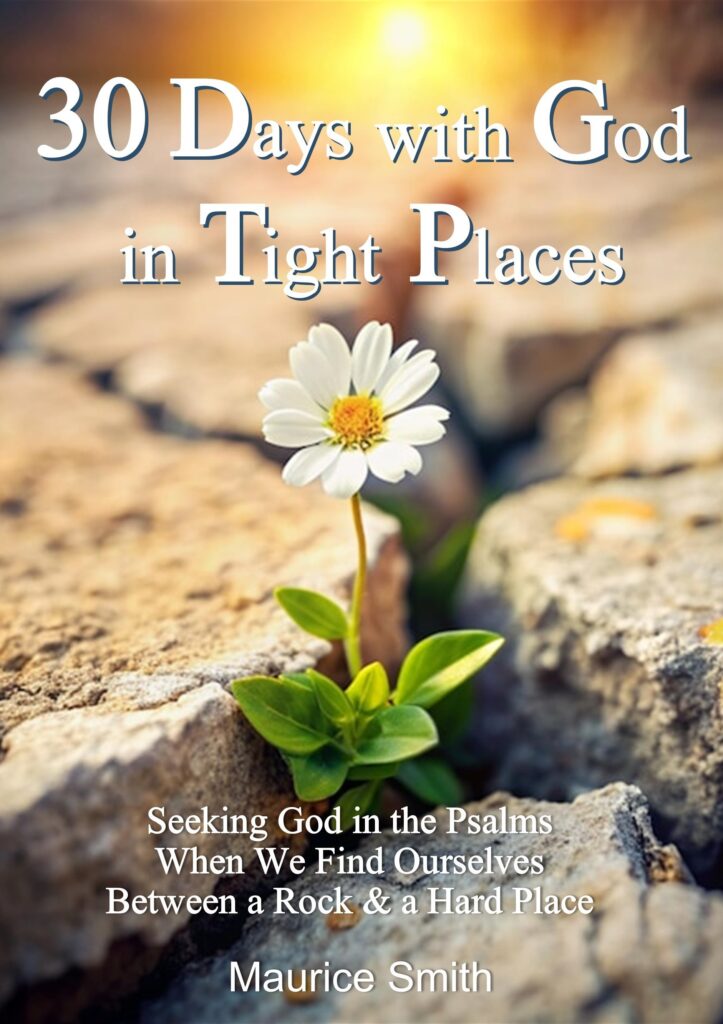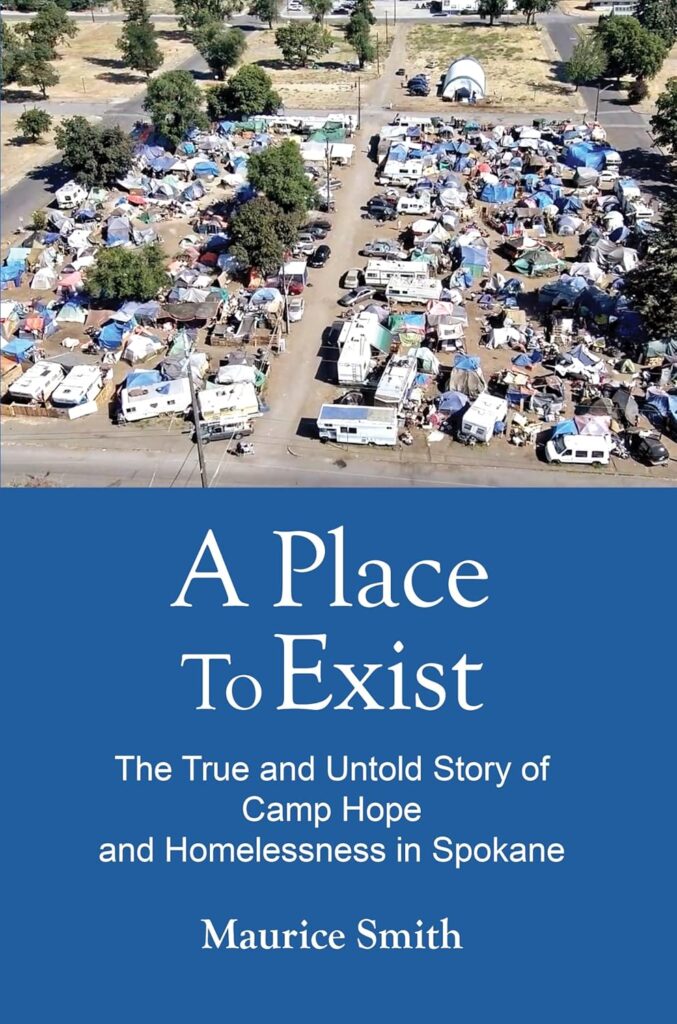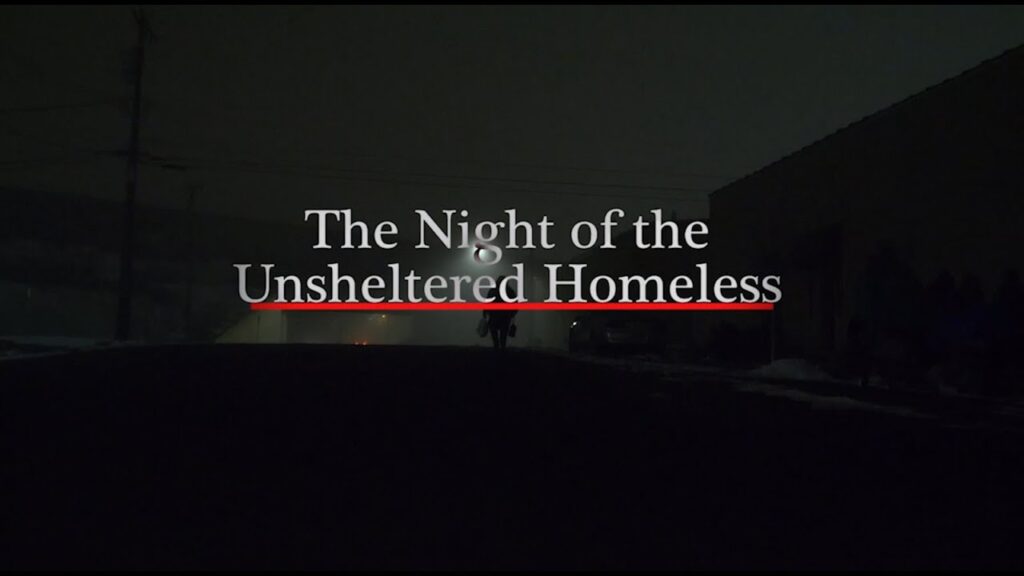Stories That Matter. Hope That Endures.
A nonprofit Christian publishing and media ministry sharing truth, awakening faith, and standing with the marginalized.
Welcome to Rising River Media
Welcome to Rising River Media, a non-profit Christian self-publishing and media ministry based in Spokane, Washington.
Publishing and media is all about discovering and telling stories that matter, stories about serving "the least of these," stories rooted in faith, forged in the margins, and fired by the Spirit. Yes, even in a homeless camp. Check out our book about Camp Hope, A Place To Exist.
Over the past decade, we’ve self-published books on organic church, spiritual awakening, and social justice from a biblical perspective. We’ve also expanded into documentary filmmaking, producing My Road Leads Home, a deeply personal series on homelessness in Spokane and beyond. Whether through the written word or the lens of a camera, our mission is clear: to speak truth with love, stir hearts toward action, and point people to the transforming grace of God. Consider this your invitation join us on our self-publishing journey.




